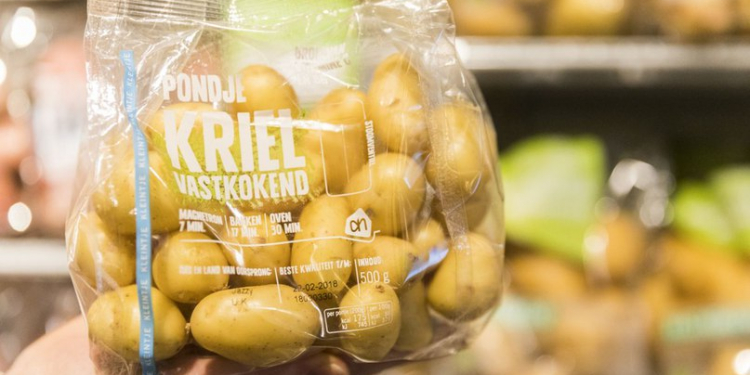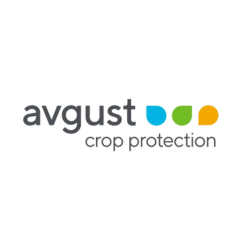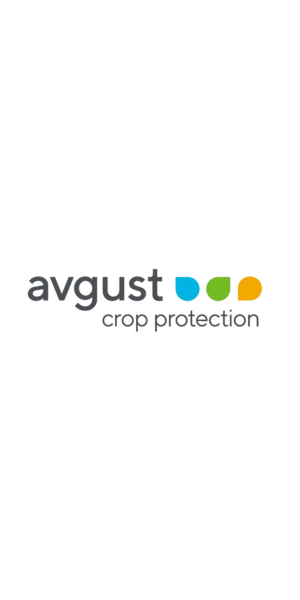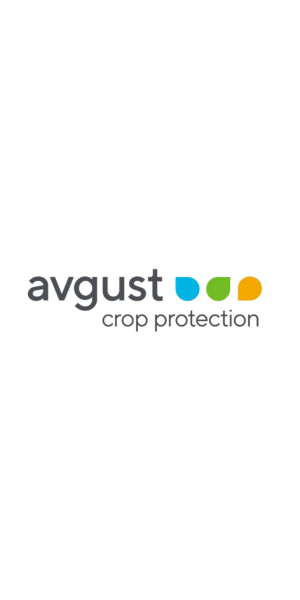Potato production in SSA is increasing rapidly just like in other developing countries. Most of the potato produced is consumed fresh, while globally more processed potato is consumed as opposed to fresh. However, even in SSA, consumption of processed potatoes is steadily increasing due to an increasing demand for processed potatoes in urban areas. There is a vivid change in eating habits in urban areas and seeing people eat potato French fries on streets is no more a rare occurrence. This calls for developing potatoes with good processing traits by researchers and producing good quality raw material by producers to produce high quality processed products that in future could also be exported to developed countries. I think countries in SSA have to get their good share of processed potatoes. Currently, however, the biggest obstacle to the processing industry is unavailability of good quality raw material on a sustainable basis and the high cost of raw material. Increasing productivity will lead to reduced raw material costs hence efforts should be directed towards increasing productivity.
In many SSA countries, potato is sold with mud on tubers so even washing and proper packaging of unprocessed potato fetches more money than unwashed potato that is not packaged well. This needs to be demonstrated. There are big super markets in big cities of all SSA countries so systematically labeled and well packaged potatoes by indicating their areas of production for traceability purposes and variety is a good value add that will increase profitability. A participatory market chain approach work that was implemented in Uganda for the first time on the African continent and later in Kenya and other countries, showed that improving designs on the packaging material significantly increased sale of various agricultural products even when the quality of the produce remained the same. The concept of value addition should not therefore be misunderstood by attaching it to big investments only. Value addition can be as simple as just washing the produce and packaging it better and as big as processing that involves big investments. Only when this is clear, small holder farmers in SSA can benefit from value adding.
Kisima Farm sells only certified seed potatoes that meet stringent KEPHIS requirements both in terms of health and seed size. This is a very big value addition to the grower who is willing to pay more. The appropriate seed sizes enable the grower to cover the optimum land area compared to other seed types that cover less area if the tubers are big or cover more area if tubers are small with virus and BW risks. Moreover, the seed potato from Kisima is stored in a cold store and packaged in a professional way (mechanized) in bags containing all the necessary information that help, among others, for traceability purposes.






